Possible Questions
Biology Standards |
Elementary School ResourcesLet's Go Outside- US Fish and Wildlife Services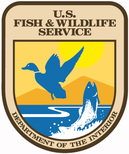
Let's Go Outside is the US Fish and Wildlife Services' website dedicated to involving children with nature. It contains information for kids, families, youth group leaders, and educators, encouraging people to get outside and explore their environment. Full of games, photographs, lesson plans, travel experiences and upcoming government events, Let's Go Outside connects its visitors to the vast resources of the United States government science and environmental agencies.
Smithsonian Education
Smithsonian Education is the online component of the Smithsonian Museum's education outreach program. The Science and Nature portion of the site contains games, photographs, online versions of some popular exhibits, lesson plans, and links to the National Zoo and related museums.
Everyday Mysteries!
Everyday Mysteries answers questions students might have about unusual facts in the world of science through an archive of Q&As. As is fitting for an online service of the Library of Congress, Everyday Mysteries connects its users to related websites as well as print resources. The site also connects users to the online Library of Congress catalog.
MadSciNet
Billed as "the laboratory that never sleeps," MadSciNet provides information on common science fair topics, quizzes via the Random Science Generator, laboratory videos, over 36,000 archived science Q&As, and an Ask a Science reference chat.
Middle School/High School ResourcesAnimal Diversity Web
Animal Diversity Web is an online database of animal classification, natural history, distribution, and conservation biology funded by the University of Michigan's Museum of Zoology. ADW works much like Wikipedia with student-generated articles on a wide range of biology related subjects. It functions as an online encyclopedia, an inquiry-driven science learning tool, and a virtual museum.
The Biology Project
The Biology Project is an online resource for learning biology developed by The University of Arizona. It is filled with problem sets for reviews, biology assignments and lab previews, and encourages cooperative learning through group projects. Students and teachers will find the real-life applications of biology beneficial as well as the current research findings.
BioEd Online
Created in collaboration with the Baylor College of Medicine, BioEd Online is an online educational resource dedicated to providing access to cutting-edge information and tools for biology. Among its many resources are streaming video presentations, a library of PowerPoint slides available for download, and a news board with items of current interest in the science world. BioEd also links to K8 Science and Super STAAR, further resources for science teachers specifically geared towards Texas educators.
National Science Foundation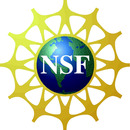
The National Science Foundation provides classroom resources for biology teachers, their students, and the families of students. Many of the sources come from the National Science Digital Library--the NSF's online library of resources for technology, engineering, mathematics, and science education.
MIT OpenCourseWare- Biology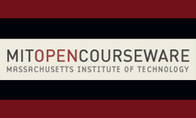
MIT OpenCourseWare (OCW) is a web-based publication of virtually all MIT course content. The intent is to help educators improve courses and curricula and aid students in finding additional resources to help them succeed. The biology content includes videos of actual MIT lectures, exam preparation, and full high school course curriculums for download.
Khan Academy- Biology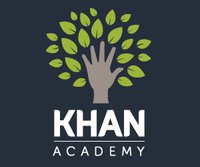
The Khan Academy is a free, online source of high-quality instructional videos that cover a wide range of subjects. Videos are available to anyone (students, parents, teachers), and the biology videos in particular are geared towards high school or introductory college biology students. In addition to their videos, Khan Academy also offers practice problems, incentive badges, subject-specific discussion boards, and conceptual knowledge maps.
Net Frog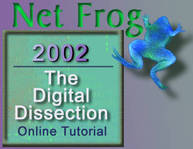
Net Frog is an online dissection tool that allows students to virtually dissect a frog. Each page examines a step in the dissection process, contains step by step instructions, and ends with a review/quiz. There are also video links with demonstrations of an actual dissection as well as narration that can be played for each page. "Did You Know?" graphics are found on each page with links to interesting or lesser known facts about frogs and amphibian systems.
All-Level Print ResourcesPrint resources in the sciences rapidly become outdated in a school library and, in fact, many school librarians are beginning to phase out their non-fiction print resources in favor of digital options. However, many students still want/need to read actual books about biology/life sciences. The website below offers many excellent examples of high-quality, relevant, and exciting print resources dealing with science.
National Science Teachers Association- Outstanding Science Trade Books for Students K-12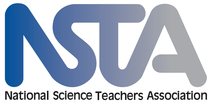
Each year the NSTA compiles a list of the best non-reference science books published in the previous year. All titles are vetted by a committee comprised of members from NSTA as well as the Children's Book Council. NSTA's website contains the lists from 1996 to 2013 with annotations and activities being provides for the lists starting in 2010. Additionally, users can link directly to NSTA Recommends and create an Excel spreadsheet of all the books they are interested in, either for personal or school use.
|
Photo used under Creative Commons from (biophotos)
